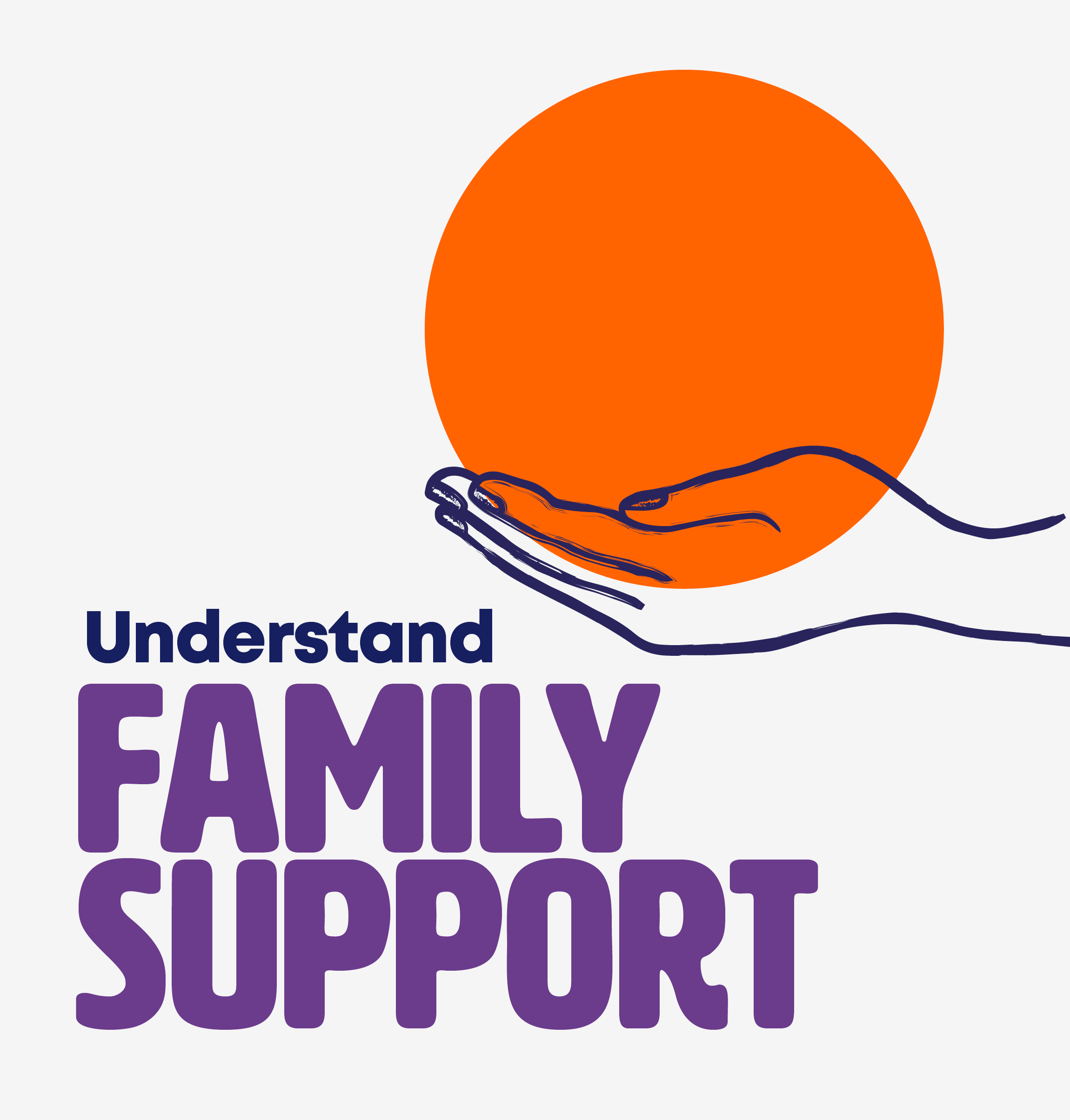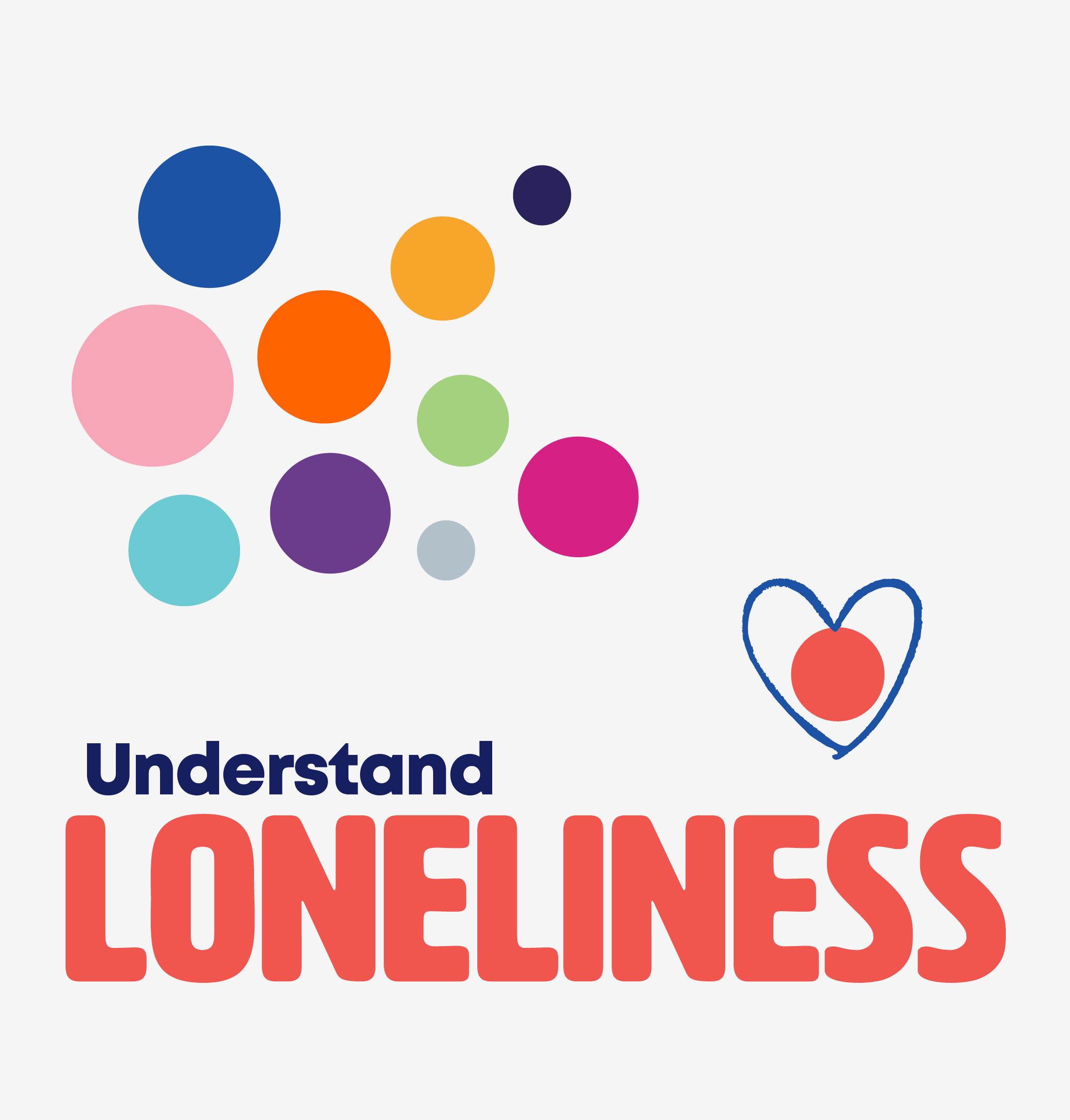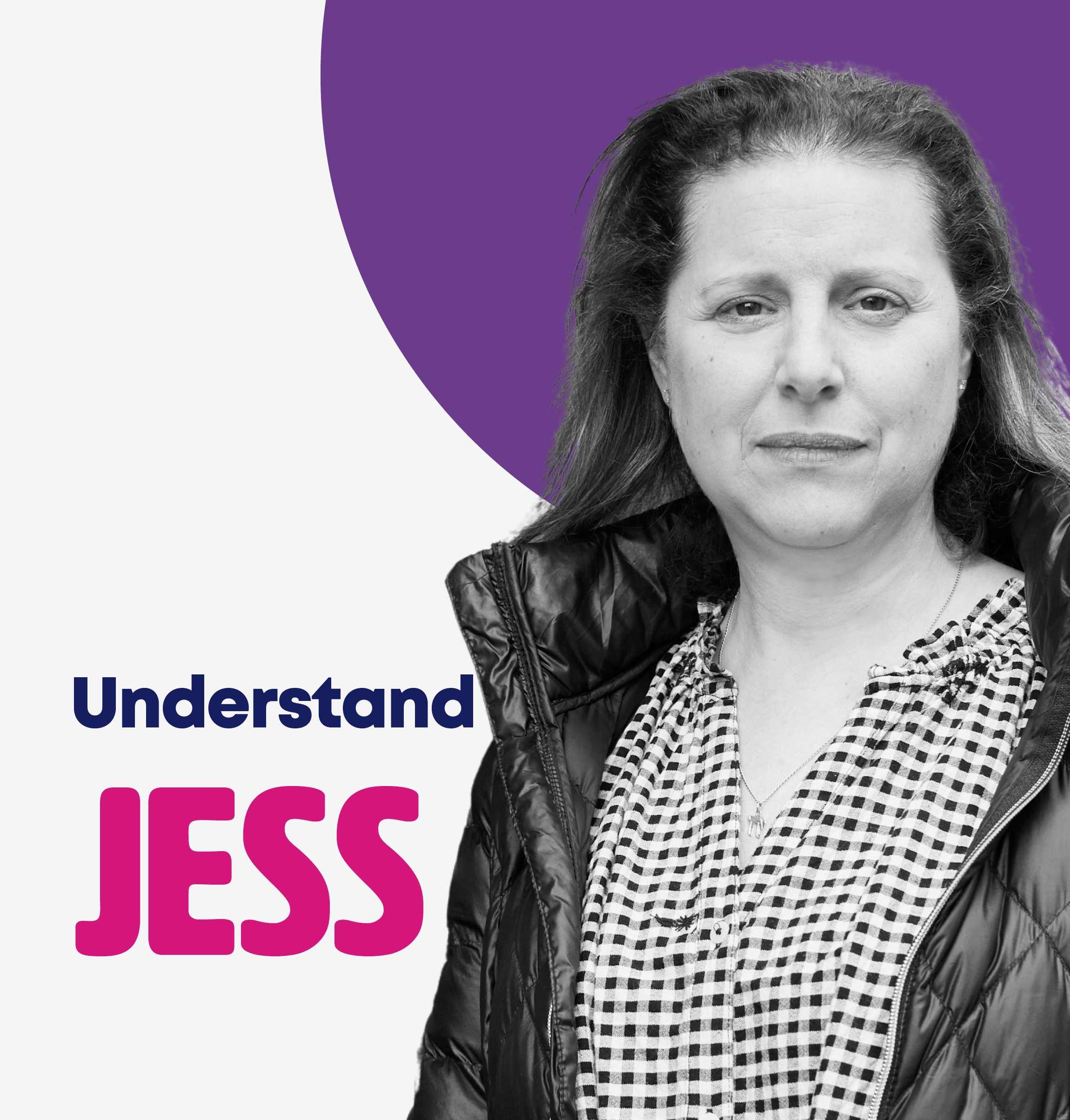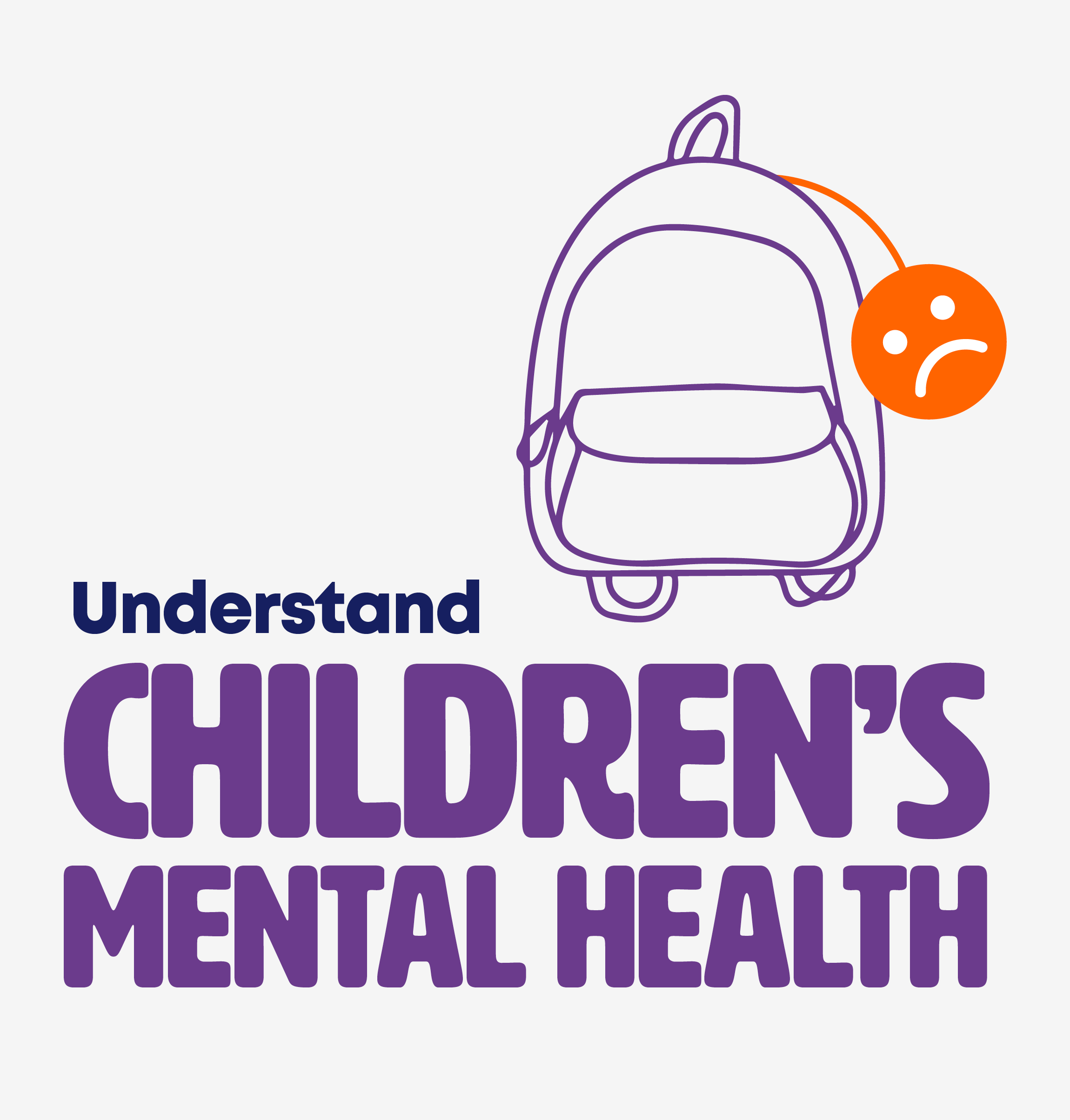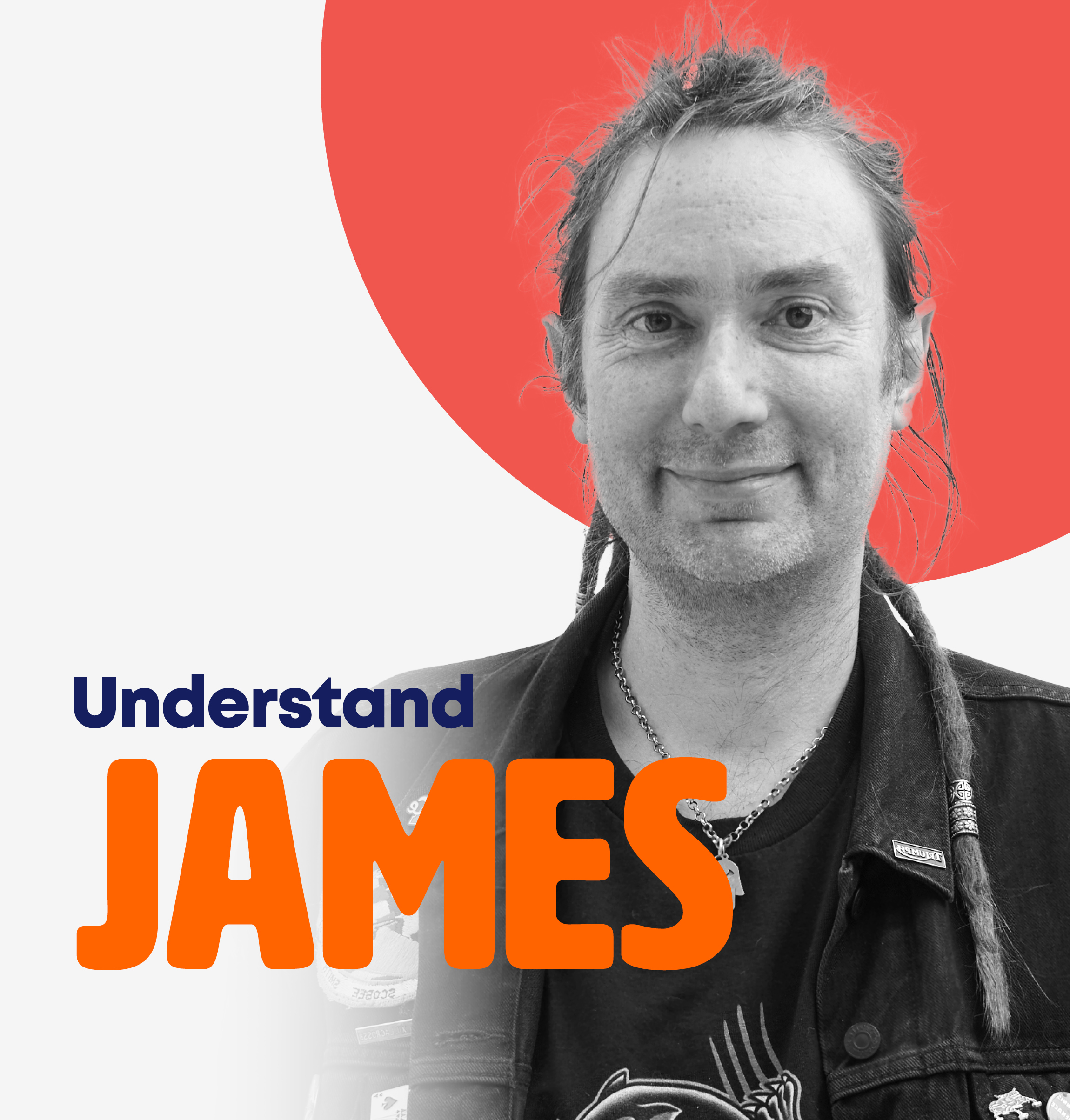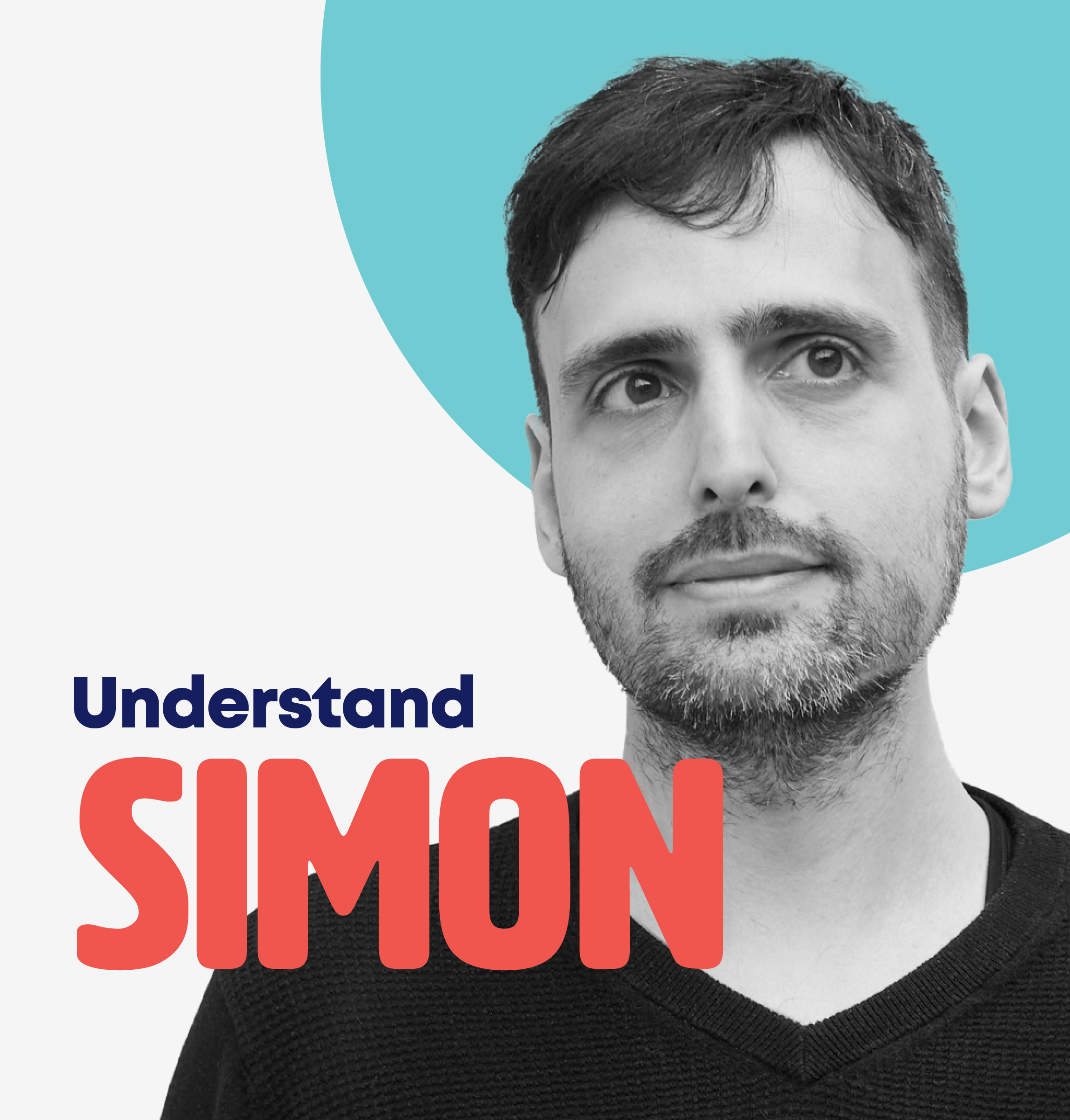
How is depression defined?
Depression is characterised by persistent sadness and other related symptoms that impact our ability to lead our daily lives. People often say they’re “depressed” when they mean they feel sad or upset. However, depression is diagnosed by a healthcare professional, such as a GP, who would usually be looking for persistent symptoms over a period of two weeks or more. Everyone’s experiences of depression will be unique, including the reasons we experience it, how it manifests itself and the support we may need. Depression can be mild, moderate or severe.
How does depression manifest itself?
The hallmark of depression is usually a deep sadness or low mood. However, people will experience a range of emotional, cognitive, physical and behavioural symptoms that are specific to them. These symptoms may include negative thinking, changes in sleep or appetite, lack of motivation or energy, inability to enjoy activities they have previously, lack of hope for the future and low self-esteem. People often describe feeling like there is a glass wall between them and the rest of the world. They can hear and see others but cannot connect with other people. Depression can lead to a debilitating isolation because of this, which can hamper recovery. When depression is at its most serious, people can experience thoughts of suicide. At Jami we help people find strategies and support that work for them.
Why might someone be affected by depression?
What impacts on us and leads to depression will depend on who we are, our life story, our environment and our individual circumstances. Some schools of thought would add that our genes can also play a part in making us more susceptible to an episode of depression. Community and professional networks that offer support and empathy are hugely important for those experiencing depression, especially when isolation or withdrawal can feature heavily in people’s experience. Jami can offer professional support as well as opportunities to engage in peer education sessions at our Head Room café’s weekly programme. Learning more about how to support ourselves and meeting and interacting with others can combat isolation and make us feel more empowered to manage depression.
How might depression impact on someone’s life?
Depression has a huge impact on people’s lives. It can affect our daily experiences, including our relationships with others, our ability to work or volunteer, productivity in our home lives and the enjoyment found in time spent outdoors or with others. For some, depression can be incapacitating and lead to withdrawal from all spheres of life.
Depression can control our lives and make us lose hope for the future. The dips in mood, negative thought processes, lack of enjoyment or bouts of anger and frustration can impair our ability to connect with others, be motivated or productive, sleep or eat well, or feel good about ourselves.
What can help?
A multi-faceted approach to supporting a person with depression is often the most effective. This can include support from a mental health professional and referral for psychological therapies, such as cognitive behavioural therapy, counselling or psychotherapy. Medication is often part of this package of care and will be tailored to the person’s needs.
Investing in ourselves by trying to commit to some form of self-care, whether a short walk, meditation, a phone call to a friend, a creative pursuit or time with pets, can help. However, for some people depression is so overwhelming and impactful on daily life that even meeting basic needs, such as washing, dressing and eating, can be really difficult.
We shouldn’t underestimate the value of community and connectivity for those who feel isolated and alone in their experiences. Warmth and empathy can go a long way. Reaching out and demonstrating our care and concern, as well as giving people a space to be heard, can make a difference.
How to get help?
Reaching out to those around us in our support network is a start. This may include people in our personal and professional lives, mental health professionals or other healthcare professionals. Our GP is the first port of call for accessing further support via the NHS.
Jami’s team can support someone with depression to take practical steps to rebuild hope for the future, reconnect and find enjoyment by managing depression. Professional support, as well as opportunities to engage in peer education, is on offer at Jami’s Head Room café. For free, confidential online counselling, you can text Jami to Shout on 85258 for 24/7 crisis support by trained volunteers.
Why talk about it?
When we talk about depression, we can help normalise experiencing it as a common form of mental illness among adults and young people. Talking about depression can encourage better understanding and compassion about others’ experiences and help remove the stigma that sadly still surrounds mental illness.
If we are affected by depression, talking about our experiences can help us pull in support, and in some situations can be lifesaving. By sharing our experiences of depression, we may find some relief, catharsis or solace, and will realise we are not alone.
If you’d like to learn more about how to support people living with depression, you can sign up to Jami’s Mental Health First Aid courses and join our growing group of mental health champions across the community.

